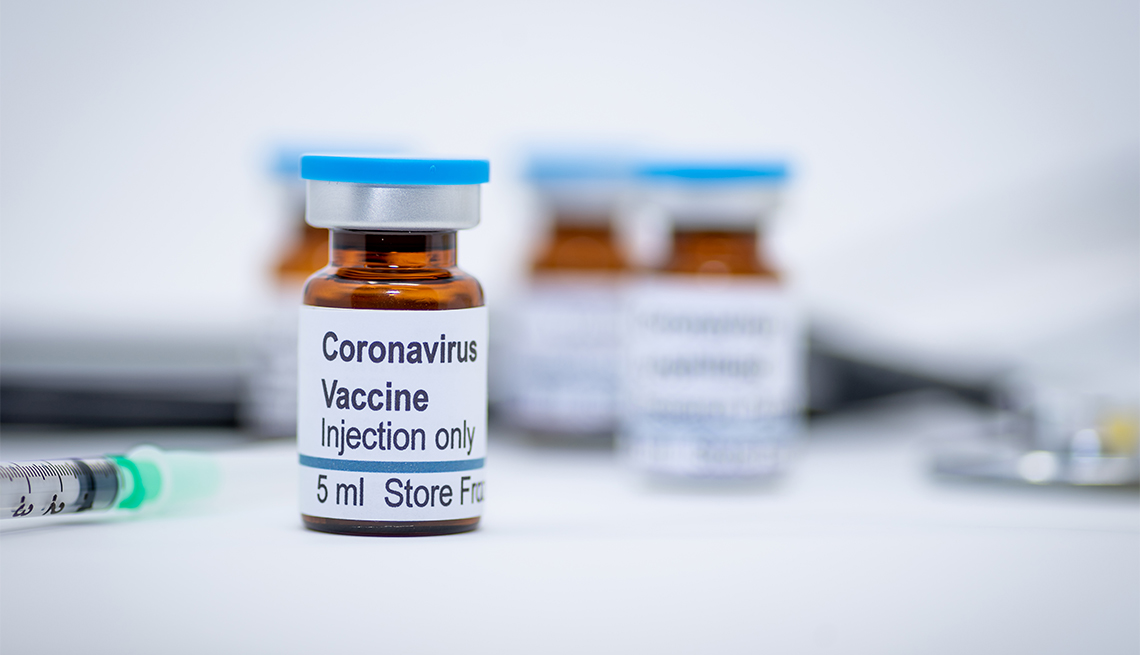|
Data updates on vaccine administration in Connecticut
The following data represents the total number of COVID-19 vaccinations administered in Connecticut, as reported to the state as of today:
|
Dose
|
Total Administered
|
|
First doses administered
|
627,788
|
|
Second doses administered
|
336,155
|
|
Total
|
963,943
|
Connecticut continues to rank in the top five states in the nation for vaccine distribution.
So far, the state has vaccinated:
- 75 percent of its population over the age of 75
- 52 percent of its population between the ages of 65 and 74
Those who are currently eligible to receive the vaccine under Connecticut’s COVID-19 vaccination program include all individuals over the age of 55, as well as all healthcare personnel, medical first responders, residents and staff of long-term care facilities, residents and staff of select congregate settings, and preK-12 school staff and professional childcare providers. Over the coming weeks, eligibility will expand based on age according to the following schedule:
- March 22, 2021: Expands to ages 45 to 54
- April 12, 2021: Expands to ages 35 to 44
- May 3, 2021: Expands to ages 16 to 34
Information on Connecticut’s COVID-19 vaccination program is available here.
Connecticut’s COVID-19 vaccination program expanded today to include residents between the ages of 55 and 64, in addition to school staff and early childcare professionals
Beginning today, Connecticut residents between the ages of 55 and 64 are now eligible to schedule appointments and receive the COVID-19 vaccine through one of more than 130 sites throughout the state.
In addition, public and private preK-12 school staff and childcare professionals have also become eligible to receive the vaccine, effective today. School staff and childcare professionals will receive instructions from their school districts, town, or employer on how they will be able to receive their vaccines.
It is estimated that there are more than 500,000 individuals in Connecticut between the ages of 55 and 64, in addition to about 160,000 school staff and childcare professionals. This week, the state anticipates receiving a supply of around 130,000 doses of the approved vaccines from the federal government. With this in mind, the state anticipates that demand for the vaccine will far outweigh supply as the program expands today to include these new groups. Newly eligible residents are urged to be patient and recognize most will not be able to schedule their appointment immediately due to limited vaccine supply.
To find the nearest available vaccination clinics and schedule an appointment, residents should click here and enter their zip code. From there they will receive instructions on how to schedule an appointment at each specific clinic. Appointments can be scheduled over the internet or via telephone.
Those who do not have access to the internet can call Connecticut’s COVID-19 Vaccine Appointment Assist Line at 877-918-2224 any day of the week from 8:00 a.m. to 8:00 p.m. The assist line, which is operated by the United Way of Connecticut, recently increased its capacity and is able to manage 1,050 calls at any one time. If that number is exceeded, callers will hear a busy signal, indicating they will need to try again later. Staff at the assist line anticipate speaking with 10,000 callers per day, and once that capacity is reached, callers will hear recorded message telling them to call back the next day.
|

